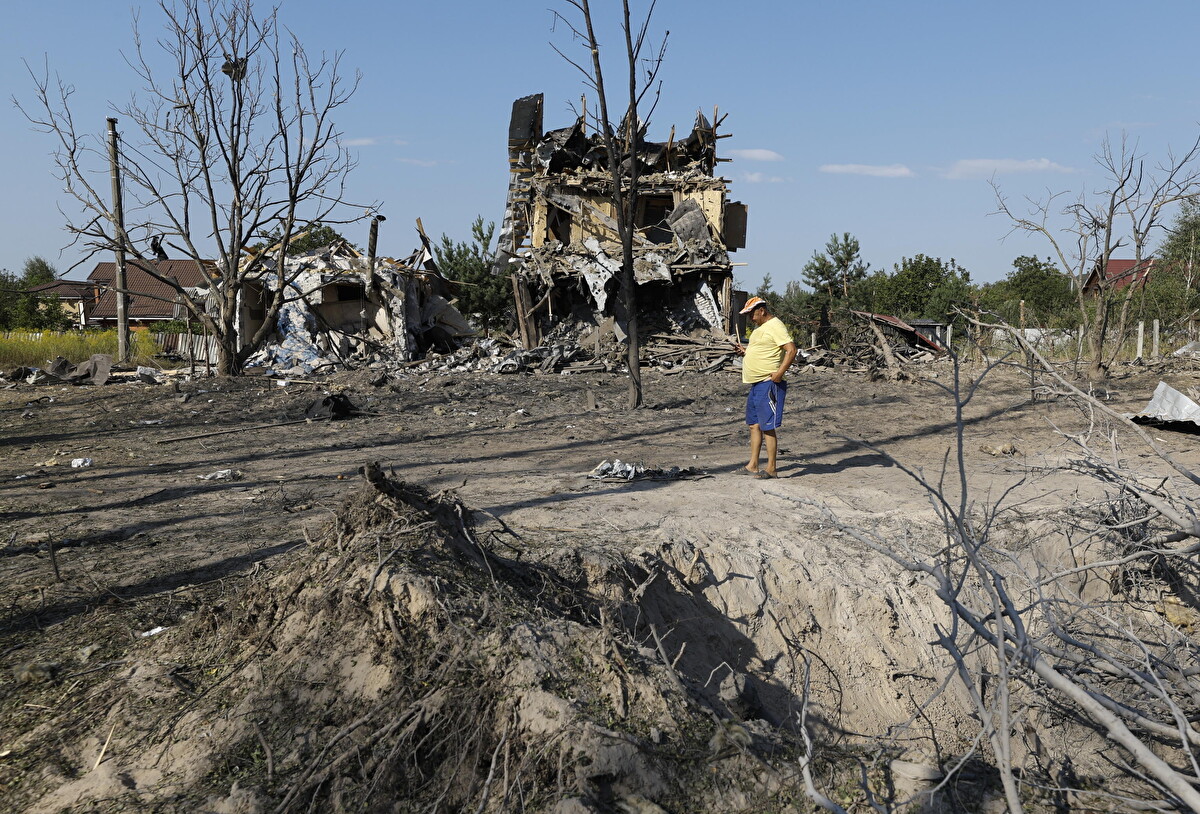The recent laws issued by the Taliban have sparked international concern and highlight the ongoing struggle for women’s rights in Afghanistan.
The laws were issued Wednesday after they were approved by supreme leader Hibatullah Akhundzada, a government spokesman said. The Taliban had set up a ministry for the “propagation of virtue and the prevention of vice” after seizing power in 2021.
The new laws are set out in a 114-page, 35-article document seen by The Associated Press. They cover aspects of everyday life like public transportation, music, shaving and celebrations, and are the first formal declaration of vice and virtue laws in Afghanistan since the takeover. They represent a significant regression in the hard-won progress made over the years for gender equality in the country.
“Inshallah we assure you that this Islamic law will be of great help in the promotion of virtue and the elimination of vice,” said ministry spokesman Maulvi Abdul Ghafar Farooq on Thursday.
The United Nations has expressed alarm, describing the situation as a “distressing vision” for the future of Afghanistan. The implications of these laws are far-reaching, affecting everything from personal freedoms to the media landscape in Afghanistan.
The articles that cover women’s rights have elicited the greatest alarm, but the document does not set down only laws that are exclusive to women. They are wide-ranging.
Article 13 relates to women. The new law makes it mandatory for a woman to veil her body at all times in public; a face covering is essential and is justified by claiming that it is necessary in order to avoid temptation and tempting others. It also states that clothing should not be thin, tight or short. “Women should veil themselves in front of all male strangers, including Muslims, and in front of all non-Muslims to avoid being corrupted.” It goes on to silence women’s voices, as a voice is deemed to be “intimate” and so she should not be heard singing, reciting, or reading aloud in public. It is also forbidden for women to look at men they are not related to by blood or marriage and vice versa.
Connected to these injunctions is Article 19 which bans the transportation of solo female travelers, and the mixing of men and women who are not related to each other. The law also obliges passengers and drivers to perform prayers at designated times.
Other articles ban activities that while they may be not related to women, tighten the restraints that since the takeover of the Taliban have been tightening. Article 17 bans the publication of images of living beings, a move that is seen as an attempt to further control the Afghan media landscape. Article 19 bans the playing of music.
In a report published last month the U.N. warned that “morality police are contributing to a climate of fear among Afghans.”
The U.N. mission in Afghanistan said it documented at least 1,033 instances between August 2021–when the Taliban set up a ministry for the “propagation of virtue and the prevention of vice” after seizing power in 2021– and March 2024, where ministry employees applied force during the implementation of orders, resulting in the violation of a person’s liberty, and physical and mental integrity.
The new laws represent an alarming setback and virtually undo all the progress that had occurred as a result of the defeat of the Taliban in the U.S. war in Afghanistan.












